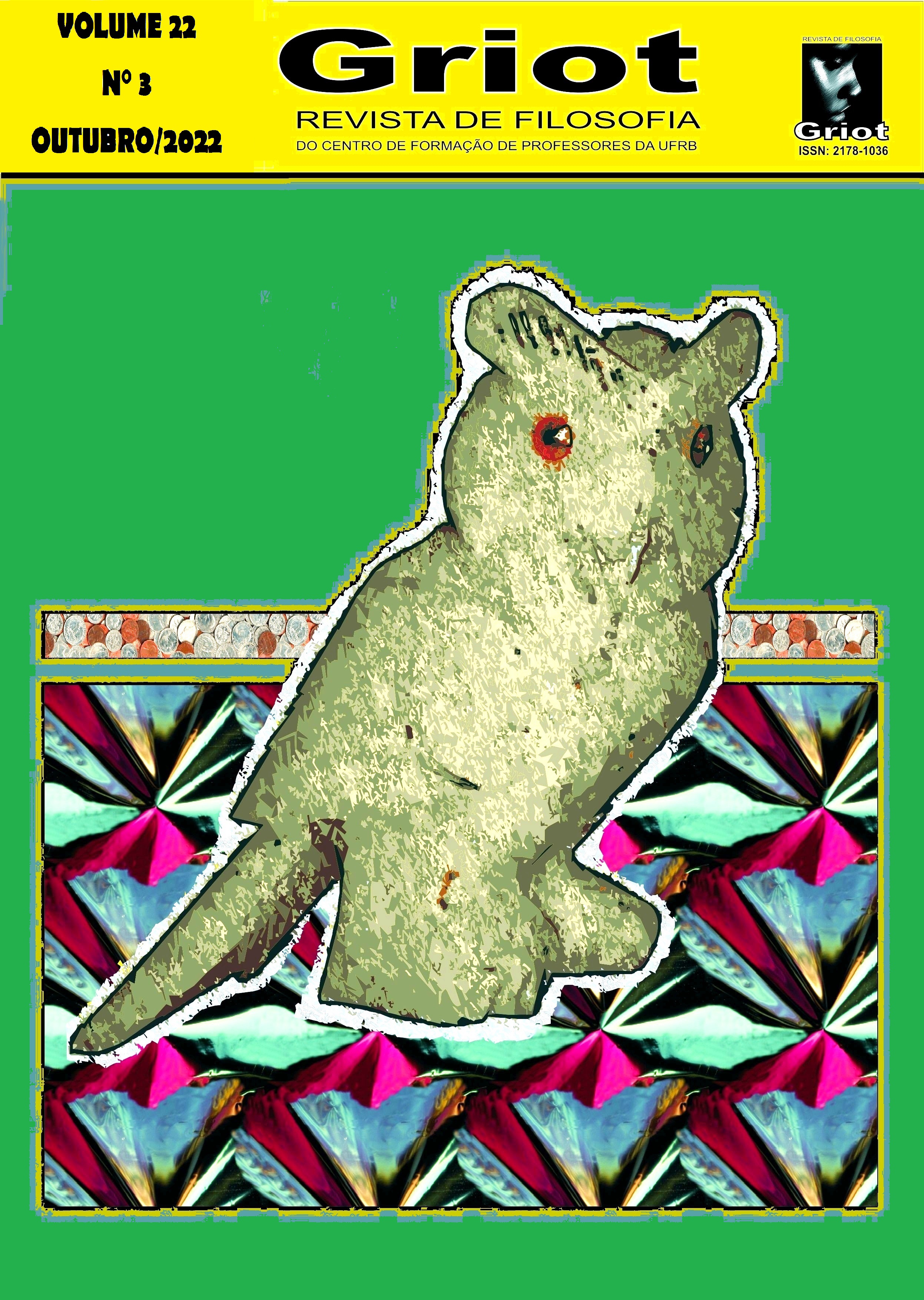Visiting moral twin earth
DOI:
https://doi.org/10.31977/grirfi.v22i3.3009Keywords:
Cornell’s realism; Moral Twin Earth; Rigid Designation.Abstract
This paper aims to examine the assumptions of Moral Twin Earth, an argument formulated by Terence Horgan and Mark Timmons with the intention of refuting the realistic naturalistic proposal of moral known as Cornell’s realism. The Moral Twin Earth provides some intuitive evidence that terms naming moral kinds are not rigid designators of natural properties and, therefore, it is not possible to offer a naturalistic definition for them, which is supposed to be a Cornell’s realism claim. However, in this paper, I try to demonstrate that Cornell’s realism does not assume rigid designation relations between terms for moral kinds and natural properties to support its naturalistic thesis. Instead of the identity relation between moral and natural kinds that would be brought about by the rigid designation, Cornell’s realism maintains only the metaphysical thesis that moral kinds are constituted or realized by natural properties which leaves it open the possibility of multiple realization of moral kinds. As Cornell’s realism does not commit itself with the semantic thesis that Horgan and Timmons criticize, then the Moral Twin Earth does not seem to offer an objection to this moral realism.
Downloads
References
BOYD, Richard. Finite Beings, Finite Goods: The Semantics, Metaphysics and Ethics of Naturalist Consequentialism. Part I. Philosophy and Phenomenological Research, vol. LXVI, nº03, Maio/2003, p. 505 – 553.
BOYD, Richard. Kinds as the Workmanship of Men: Realism, Constructivism, and Natural Kinds. In.: NIDA-RÜMELIN, J. MEGGLE, G. (orgs.). Rationality, Realism, Revision: Proceedings of the 3rd International Congress of the Society for Analytical Philosophy, 2000, p. 52 – 89.
BOYD, Richard. Kinds, Complexity and Multiple Realization: Comments on Millikan’s “Historical Kinds and the Special Species’. Philosophical Studies: An International Journal for Philosophy in the Analytic Tradition, vol. 95, nº 1/2, 1999, p. 67 – 98.
BOYD, Richard. How to be a Moral Realist. In.: SAYRE-MCCORD, Geoffrey. Essays on Moral Realism. Cornell University Press, 1988. p. 181 – 228.
BOYD, Richard. Materialism Without Reductionism: What Physicalism Does Not Entail. In.: BLOCK, Ned (ed.). Readings in the Philosophy of Psychology. Harvard University Press, vol 1, 1980. p. 67 –106.
BRINK, David O. Realism, Naturalism, and Moral Semantics. Social Philosophy and Policy, vol. 18, 2001, p. 154 – 176.
BRINK, David O. Moral Realism and the Foundations of Ethics. Cambridge University Press, 1989. 353 p.
COPP, David. Milk, Honey, and the Good Life on Moral Twin Earth. Synthese, vol. 124, 2000, p. 113 – 137.
DAWSON, A. LAURENCE, S. MARGOLIS, E. Moral Realism and Twin Earth. Facta Philosophica, vol. 1, 1999, p. 135 – 165.
HORGAN, Terence. TIMMONS, Mark. Copping Out on Moral Twin Earth. Synthese, v. 124, p. 139 –152, 2000.
HORGAN, Terence. TIMMONS, Mark. Troubles for New Wave Moral Semantics: ‘The Open Question Argument’ Revived. Philosophical Papers, v. 21, 1992, p. 153 – 175.
KRIPKE, Saul. Naming and Necessity. 5. ed. Blackwell, 1990 [1980], 92 p.
SAYRE-MCCORD, Geoffrey. The Many Moral Realism. In.: SAYRE-MCCORD, Geoffrey (ed.). Essays on Moral Realism. Cornell University Press, 1988.
TIMMONS, Mark. Morality without Foundations: A Defense of Ethical Contextualism. New York: Oxford University Press, 1999, 280 p.
PUTNAM, Hillary. Mind, Language and Reality. Cambridge University Press, 2003 [1975], 457 p.
Downloads
Published
How to Cite
Issue
Section
License
Copyright (c) 2022 Ísis Esteves Ruffo

This work is licensed under a Creative Commons Attribution 4.0 International License.
The authors who publish in Griot: Revista de Filosofia maintain the copyright and grant the magazine the right of first publication, with the work simultaneously licensed under the Creative Commons Attribution 4.0 International License, allowing sharing and adaptation, even for commercial purposes, with due recognition of authorship and initial publication in this journal. Read more...









































































